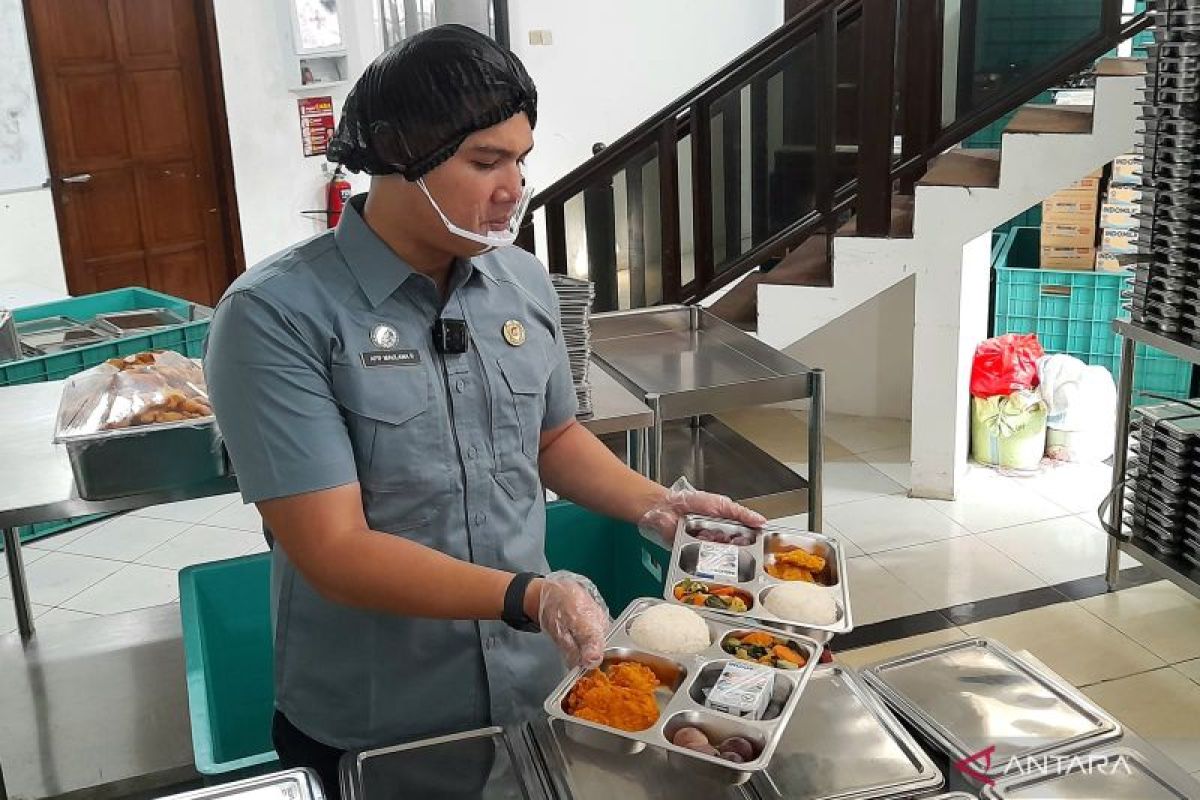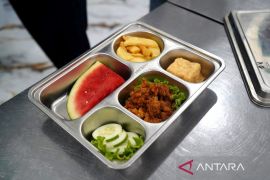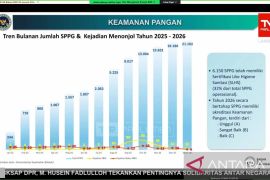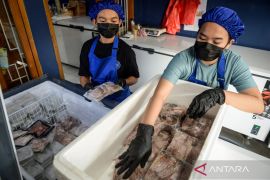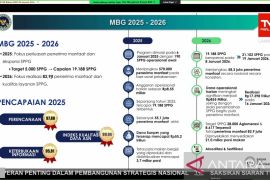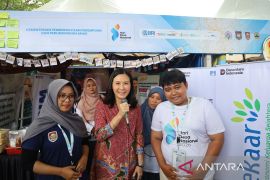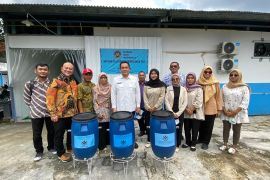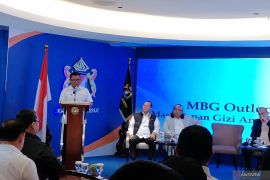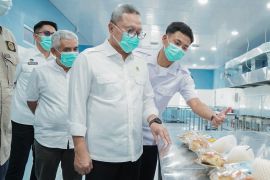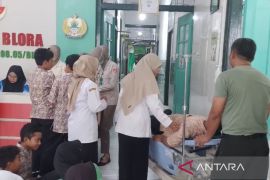With 82.9 million beneficiaries across Indonesia targeted, MBG is set to be one of the largest programs implemented in the country. However, food poisoning cases have been a setback for the ambitious initiative.
In a press conference on September 26, the National Nutrition Agency (BGN), which is tasked with implementing MBG, reported that 70 food poisoning cases were recorded from January to September 2025, with 5,914 beneficiaries affected. As a response, the agency suspended the operations of 56 MBG kitchens that are related to the cases.
The food poisoning outbreaks that occurred in several regions presented an important lesson for parties implementing the program and all relevant stakeholders to prevent such cases from recurring in the future.
Improvements continue to be made, including ensuring that all workers involved in the operations of nutritional fulfillment service units (SPPGs) or MBG kitchens carry out their tasks by complying with the existing standard operating procedures (SOPs).
So far, SPPGs have shown innovative steps in carrying out their task of supplying nutritious meals to the program, which aims to improve the nutritional status of children under five, pregnant women, breastfeeding mothers, and schoolchildren up to the high school level.
For example, the Cinere SPPG of West Java is one of those that have carried out food management and preparation with great care.
In addition to meeting safety standards, the kitchen, which supplies 1,000 meals to beneficiaries per day, also makes improvements in other areas, such as involving students in picking the MBG menus in accordance with the recommended dietary allowance (RDA).
The potential source of food contamination that led to food poisoning among beneficiaries is the stage of placing the cooked food into the containers.
In this regard, at the Cinere SPPG, the workers pay close attention to the packaging process, such as cooling down the food before placing it in the containers.
Furthermore, workers at the SPPG also hold a food handler certificate, which is essential to ensure the safety of the food provided to the MBG beneficiaries.
The certificate is issued by involving the National Nutrition Agency (BGN), the local health office, the National Professional Certification Agency (BNSP), and professional and accredited agencies.
The SPPG management is also collaborating with the local community health centers (puskesmas) to guarantee the workers' health.
Such steps have been taken by the SPPG as a follow-up to a thorough evaluation of the free meals program.
In response to the food poisoning cases, the Indonesian government mandated the Ministry of Health to optimize the role of puskesmas and the school health program (UKS) in monitoring SPPGs across the country.
Apart from that, regional governments, regional offices, as well as the Indonesian National Armed Forces (TNI) and the National Police (Polri) are playing an active role in supervising the provision of free meals to students.
The involvement of regional governments is crucial because the MBG program is essentially a form of investment to improve the quality of human resources that will have a positive impact on regions in the long term.
Based on the BGN record, as of September 2025, 198 SPPGs already have a hygiene and sanitation certificate (SLHS), which is essential to prevent foodborne illness.
The government is encouraging all SPPGs to get the SLHS as part of its commitment to guaranteeing the safety and quality of the free meals.
The BGN has made it mandatory for all SPPGs to have the certificate to ensure the health and cleanliness standards in preparing the meals.
To this end, those SPPGs with no SLHS are expected to process the certificate immediately to realize not only equal distribution but also equal quality of the food provided.
Waste management
One issue that is perhaps often overlooked in the MBG program is waste management, especially for food waste.
Nevertheless, at the Cinere SPPG, this issue is handled well by separating organic waste from non-organic waste. The organic waste is then used as maggot feed, while the liquid waste is managed by using a wastewater treatment plant, ensuring that the waste is not polluting the environment.
Far from Cinere, namely in Lumajang District of East Java, two young men, Asriafi Ath Thoriq and Dzaki Fahruddin, process the food waste from the free meals program into eco-enzyme, which can be used for various purposes, from a cleaning agent to fertilizer.
The two young men managed to generate a new source of income from food waste that would otherwise have been discarded by many.
These good practices should be used as an example for others in implementing the MBG program. Apart from that, evaluations in the free meals program must be continued to prompt all the involved parties to continue to make improvements and enhance the services.
Related news: BPJS to cover MBG food poisoning medical costs
Related news: Young Lumajang innovators turn MBG food waste into eco-enzymes
Related news: Students help design free meal menus in Cinere’s nutrition program
Translator: Masuki M, Raka Adji
Editor: Azis Kurmala
Copyright © ANTARA 2025
